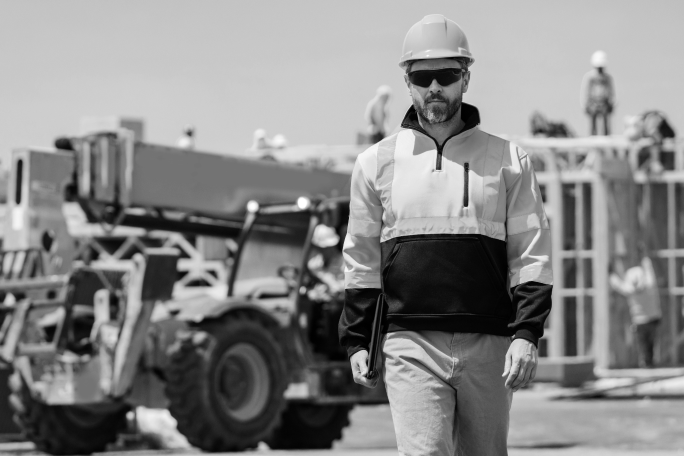Polyethylene pipe is the most common pipe material in the distribution of natural gas because of its leak-free joining system, strength, flexibility, and low installation cost compared to other materials such as steel. HDPE pipe is used extensively for gas and oil gathering and the transport of produced water. Oil and gas gathering HDPE pipe is typically made to ASTM F2619 specifications. See WL102 for IPS sizes available for oil and gas gathering.
Using HDPE pipe and tubing to transport drinking water avoids the risk of corrosion that comes with metal piping while maintaining a leak free system. Potable water pipe is made to AWWA C901 and AWWA C906 specifications at NSF61 certified facilities. See WL115 for more information on potable water pipe.
HDPE pipe is a great solution for stormwater, residential sewage, wastewater, and industrial effluent piping. HDPE pipe is resistant to corrosion, H2S gas, and many chemicals. Wastewater pipe is typically made to ASTM F714 specification in IPS sizes (see WL102)
HDPE pipe is used for fire water piping because it is reliable, long lasting, and leak-free. HDPE fire water pipe is made to FM1613 or ASTM F714 specifications at FM certified facilities. See WL130 for FM approved sizes.
HDPE conduit provides a secure, leak-free, electrically resistant system for electrical power and telecommunications wiring. Unlike metallic conduit, polyethylene is a poor conductor of electricity. See WL134 for more information on power and communication conduit.
HDPE is the top choice for geothermal piping because of its availability in long coils, leak free heat fused joints, flexibility, and thermal conductivity. Geothermal HDPE pipe is typically made to ASTM F714 specification in IPS sizes (see WL102). See WL139 for WL Plastics’ geothermal pipe offering.
HDPE pipe and tubing is an excellent piping material for irrigation systems for lawns, gardens, farms, golf courses, and other settings because it is strong, lightweight, ductile, flexible, leak free, and UV resistant. See WL102 for IPS sizes, WL137 for CTS sizes, and WL138 for SIDR sizes.

